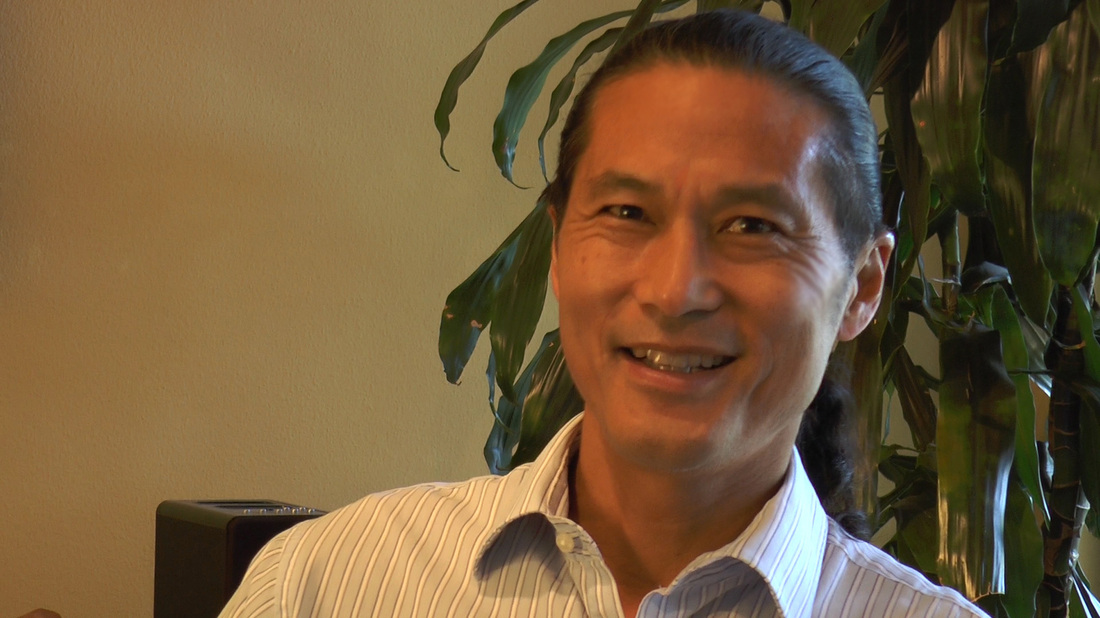
by Bruce
Ever looked at pictures of an ancient skeleton and wondered “What are those bones made of, so that they can last that long?” Any archaeological dig of a prehistoric civilization usually turns up lots of human bones…often still in pretty good shape. So the conclusion might be “well, whatever they are made of, it’s really tough stuff”.
Well, turns out that living bone is a whole lot different from the stuff remaining in those ancient relics.
A misconception is that bones are mostly minerals, like calcium. The fact is that while we’re alive, your bones are a combination of dynamic living tissue, with a mineral foundation. Collagen, in fact, is the main component of living bones. It’s what the flexible framework is made of −yes, bones are somewhat flexible, but as we all know, they can break. Calcium is the other component, and it’s the part that can still exist thousands of years (under the right conditions) after the skeleton’s original owner departs. A fascinating part of the story is that bone tissue is constantly being renewed throughout your life. Through a process known as resorption and formation, special cells break down old tissue, while hormones help create new tissue, ”new bones”. The formation of new bone tissue peaks around age thirty…and that’s when you can start to consider what “osteoporosis” might mean for you. Osteoporosis can create thinning and weakening bone tissue; sometimes so severe that a person can suffer broken limbs from only minimal pressure on the bone. The best strategy is to promote bone strength all through your life, and avoid the problems associated with thinning bones in later years. And the good news is, it’s really not that difficult to do.
So let’s simplify the matter: if you want to keep strong bones, you need to eat a balanced diet rich in calcium and vitamin D, regularly perform weight-bearing exercise (pump some iron!) and otherwise follow a healthy lifestyle with no smoking or excessive alcohol intake. That’s the ideal. Of course, no one is perfect, but if you’re doing things mostly right, you’ll probably enjoy having healthy bones your whole life. Next time you’re in to see me at the clinic, ask about bone density testing and whether you’re at risk for any unusual bone health problems. See you soon!

 RSS Feed
RSS Feed